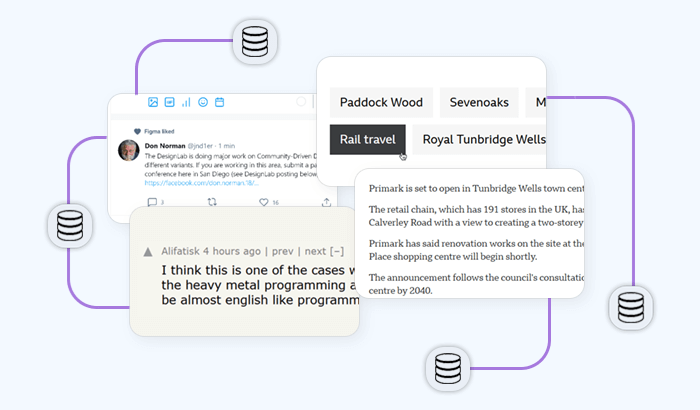- Use Cases for Static Proxies in Business
- Advantages and Limitations of Static Proxies
- Use Cases for Rotating Proxies in Business
- Advantages and Limitations of Rotating Proxies
- Comparison table: static vs. rotating proxies
- Factors Influencing the Choice of Proxy Type
- Benefits of Proxies in Business
- Operational Considerations and Best Practices
- Frequently Asked Questions


Are you looking for a way to boost your business with web scraping? If yes, then you need to know about rotating and static proxies – the secret weapon of web scraping that can help you overcome any obstacle and achieve your goals. In this guide, you will discover the amazing benefits of using proxies for data extraction, as well as the differences between static proxies and rotating proxies. You will also learn how to choose between static vs rotating proxies for your web scraping project, and how to use static and rotating proxies effectively and ethically. By the end of this page, you will be ready to take your web scraping to the next level.
Static Proxies
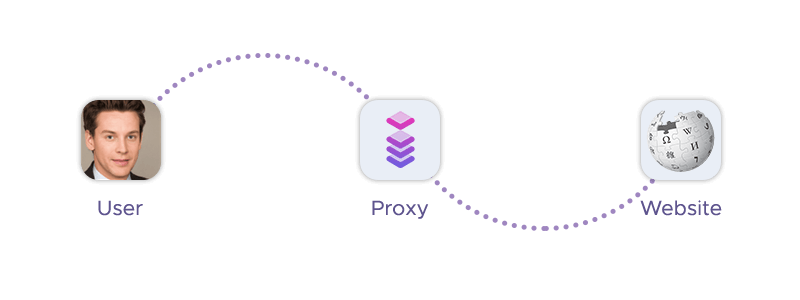
A static proxy uses a fixed IP address that does not change over time. This is in contrast to rotating proxies, which use a rotating pool of IP addresses that change frequently. A static proxy is usually hosted on fast servers provided by data centers or internet service providers (ISPs).
Use Cases for Static Proxies in Business
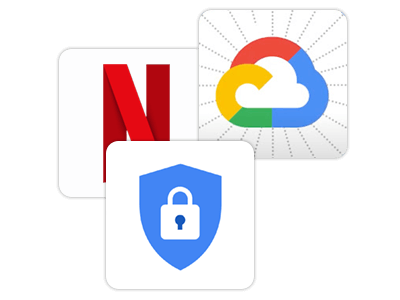
A static proxy can have several use cases in business, such as:
Network security and penetration testing: Static proxies can help network administrators and security experts protect their network from malicious traffic and prevent unauthorized access. Additionally, a static proxy can help conduct network penetration testing and vulnerability assessment by simulating different IP addresses and locations.
Classified ads and e-commerce: Static proxies can help businesses create and manage multiple accounts on classified ads and e-commerce platforms without risking account suspension or verification. A sticky IP address can also help businesses access geo-restricted or competitor products and services, as well as improve their online reputation and customer service.
Online gaming and streaming: Static IP addresses can help gamers and streamers enjoy a stable and fast connection, as well as access geo-restricted games and content. Static proxies can also protect gamers and streamers from cyberattacks and identity theft.
Advantages and Limitations of Static Proxies
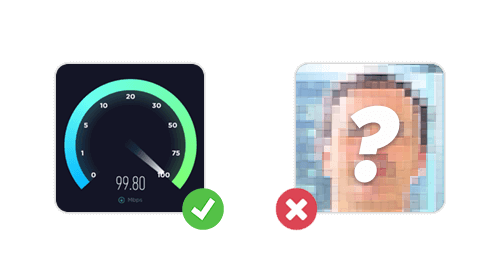
Static proxies have several advantages over rotating proxies, including:
- Stability: Because the IP address does not change, static proxies offer a more stable connection, which is especially useful for time-sensitive applications like online gaming and streaming.
- Compatibility: Some websites and services may block connections from dynamic IP addresses, making it difficult to access them through a rotating proxy. Static proxies, on the other hand, are less likely to be blocked.
- Control: With a static proxy, you have more control over the IP address and can choose one that is geographically close to the target website or service, which can improve connection speeds. You can also keep the same IP address for as long as you want, only you have access to it.
- Cost: Static IPs are usually less expensive than rotating proxies, as they require less resources and proxy management from the providers.
Static proxies also have some limitations, such as:
- Scalability: Static proxies have a limited supply of IP addresses, which may not cover all the geographic needs or use cases for your business. They may also get banned or blacklisted by some websites if they send too many requests.
- Anonymity: Static proxies are less anonymous than rotating proxies, as they use the same IP address for every connection. This may expose your identity or activity to the target website or service, especially if the IP address is associated with a data center or an ISP.
Rotating Proxies
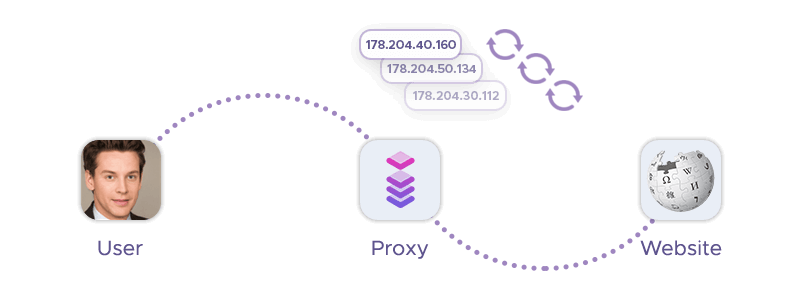
Rotating proxies constantly change their assigned IP address based on a proxy rotation interval. creating an ever-shifting online identity that protects users from tracking and blocking efforts. Rotating proxies are usually provided by proxy services that have access to a large IP pool from different sources.
Use Cases for Rotating Proxies in Business
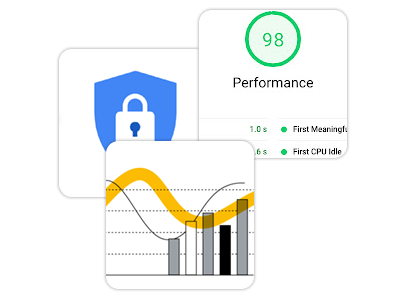
Rotating proxy servers have several use cases in business, such as:
Web scraping: Rotating proxies are more suitable for web scraping, as they can bypass IP-based restrictions and rate limits imposed by the target websites. Rotating proxies can also access a wider range of online data by using different IP addresses from various sources and locations. Static proxies are less ideal for web scraping, as they can be easily detected and blocked by the target websites if they send multiple requests from the same IP address.
Ad verification: rotating proxies are also more suitable for ad verification, as they can use mobile proxies or residential IP addresses to verify the performance and quality of online ads across different platforms and regions. Residential and mobile proxies can also help detect and prevent ad fraud, such as click fraud, impression fraud, or domain spoofing. Static proxies are less suitable for ad verification, as they can be blocked or spoofed by the target websites or ad networks if they use data center proxies or ISP IP addresses.
Market research: Both rotating and static proxies can be used for market research, depending on the type and scale of the research. Rotating proxies can help access geo-restricted or competitor websites and services, as well as gather customer feedback and sentiment from various sources and regions. Static proxies can help maintain a consistent identity and location when conducting market research, as well as improve the speed and reliability of the connection.
Social media management: Static and rotating proxies can also both be used for social media management, depending on the number and purpose of the accounts. Static proxies can help create and manage multiple social media accounts without risking account suspension or verification, as they offer a stable and consistent identity. Rotating proxies can help access geo-restricted content and target specific audiences based on their location, as well as avoid detection and blocking by the social media platforms.
Advantages and Limitations of Rotating Proxies
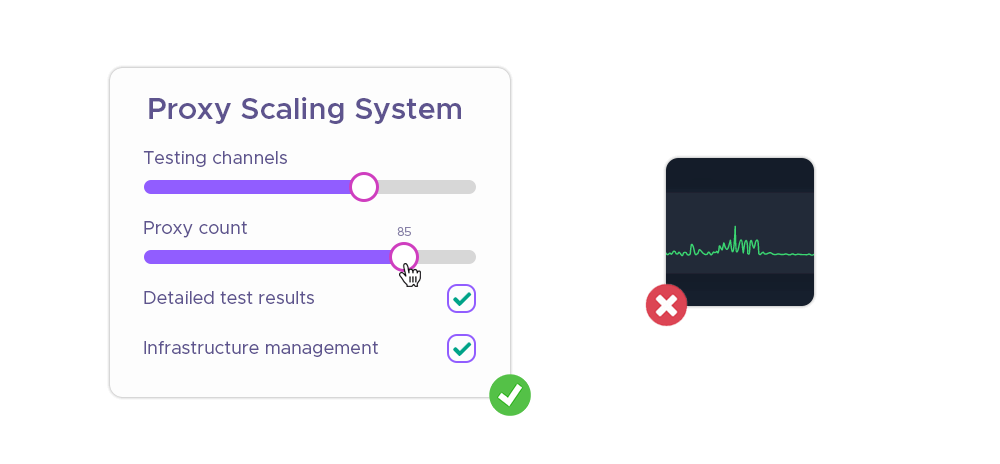
Rotating proxies provide several advantages over static proxies, including:
- Anonymity: Because the IP address changes constantly, rotating proxies offer a high level of anonymity, making it difficult for websites to track or block requests.
- Efficiency: Rotating proxies allow for efficient web scraping and data mining, bypassing IP bans and rate limits. Additionally, they can enable location-based testing and ad verification.
- Scalability: Rotating proxies have a large and diverse pool of IP addresses, which can cover all the geographic needs or use cases for the business. Rotating proxies can also handle a high volume of requests without compromising the speed or quality of the connection.
Rotating proxies also have some limitations, such as:
- Compatibility: Some websites and services may have advanced anti-bot mechanisms that can detect and block rotating proxies, especially if they use data center IP addresses.
- Reliability: Rotating proxies may have a lower reliability than static proxies, as they depend on the availability and quality of the IP addresses in the proxy pool. Rotating datacenter proxies may also encounter errors or delays due to the frequent IP changes.

Comparison table: static vs. rotating proxies
| Criteria | Static Proxies | Rotating Proxies |
|---|---|---|
| IP Address Stability | High, as the IP address does not change | Low, as the IP address changes frequently |
| Consistency | High, as the same IP address is used for multiple connection requests | Low, as new IP addresses are used for every request |
| Security | Medium, as a single IP address can be traced back to the proxy provider | High, as rotating IPs are constantly changing and hard to trace |
| Speed and Performance | High, as the IP address is geographically close to the target website | Medium, as the IP address may vary in speed and quality depending on the source |
| Blocking and Bans | Medium, as some websites may block datacenter proxies | Low, as the proxy rotator can bypass IP-based restrictions and rate limits |
| Cost | Low, as a static proxy is cheaper and easier to maintain | High, as rotating proxies are more expensive and require more resources |
| Ease of Use | High, as a static proxy is simple and straightforward to use | Medium, as rotating proxies may require more configuration and customization |
| Scalability | Low, as a static proxy has a limited supply of IP addresses | High, as rotating proxies have a large and diverse pool of IP addresses |
| Compliance | Low, as a static proxy may violate some websites’ terms of service | High, as rotating proxies use real residential and mobile IPs that are more compliant |
| Reliability | High, as a static proxy offers a stable and consistent connection | Medium, as rotating proxies may encounter errors or delays due to the frequent IP changes |
| Resource Utilization | Low, as a static proxy server uses less bandwidth and CPU | High, as rotating proxies use more bandwidth and CPU |
Factors Influencing the Choice of Proxy Type
The static vs rotating proxies debate confuses many businesses. Here’s a list of criteria that determine whether the former of the latter proxy server type is the better choice:
The purpose of using a proxy: Rotating and static proxies may be more suitable for different tasks, such as web scraping, ad verification, market research, or managing multiple accounts on social media. For example, rotating proxies may be more efficient and anonymous for web scraping, while static proxies may be more stable and compatible for online gaming.
The target website or service: Different websites, intermediary servers, and services may have different policies and mechanisms to detect and block both static and rotating proxies. For example, some websites may block data center or ISP proxies, while others may have advanced anti-bot systems that can identify rotating proxies.
The cost and availability of the proxy: Static and rotating proxies may have different prices and supply depending on the proxy provider and the source of the IP addresses. For example, static proxies are usually cheaper and easier to maintain, while rotating proxies are more expensive and require more resources.
The reliability and performance of the proxy: Different proxies may have different levels of reliability and performance depending on the quality and diversity of the IP addresses, the speed and stability of the connection, and the frequency and consistency of the IP changes.
The compliance and security of the proxy: Static and rotating proxies may have different levels of compliance and security depending on the origin and legitimacy of the IP addresses, the anonymity and traceability of the proxy user, and the terms of service of the target website or service.
Benefits of Proxies in Business
Whether you pick static or rotating proxies, both types can provide you with benefits like:
- Security: Proxies can protect the network from cyber attacks, hide the actual IP address of the users, and prevent access to insecure websites.
- Performance: Proxies can improve the network speed and efficiency by caching web pages, load balancing, and reducing bandwidth consumption.
- Online freedom: Proxies can enable access to geo-restricted or competitor websites and services, as well as a wide range of online content and data.
- Anonymity: Proxies can help businesses maintain a virtual identity that is separate from the company network, especially when managing social media accounts and campaigns.
Operational Considerations and Best Practices

Here are some tips, rules of thumb, and best practices for using rotating and static proxies in data scraping:
Proxy setup: Before you start web scraping, you need to shop for proxy providers that suit your needs and budget. You also need to decide how many proxy servers you need, what type of proxies you want (static or rotating proxies), and what locations you want to target. You can use a proxy management application to help you with the proxy setup process.
Configuration: After you have your static or rotating proxies ready, you need to configure them properly to avoid getting blocked or banned by the target websites. You need to set the number of concurrent requests, the request headers, the user agents, and the retry and error handling policies.
Web Scraping Rules of Thumb
When you are web scraping with proxies, there are some general rules of thumb that you should follow to ensure a smooth and successful operation. Some of them are:
- Do not scrape too fast or too frequently, as this may overload the target website or trigger anti-bot mechanisms.
- Do not scrape the same website with the same proxy for too long, as this may expose your identity or activity.
- Do not scrape sensitive or personal data, as this may violate the privacy and security of the website or its users.
- Do not scrape websites that explicitly prohibit web scraping, as this may result in legal consequences.
- Do monitor and test your proxies regularly, as they may become slow, unreliable, or invalid over time.
Final Words
In this page, you have learned about the differences, use cases, advantages, and limitations of rotating and static proxies. If you are interested in Infatica’s proxy products or web scraping API, contact us to schedule a consulting call – we can help you find the best proxy custom solution for your needs.












